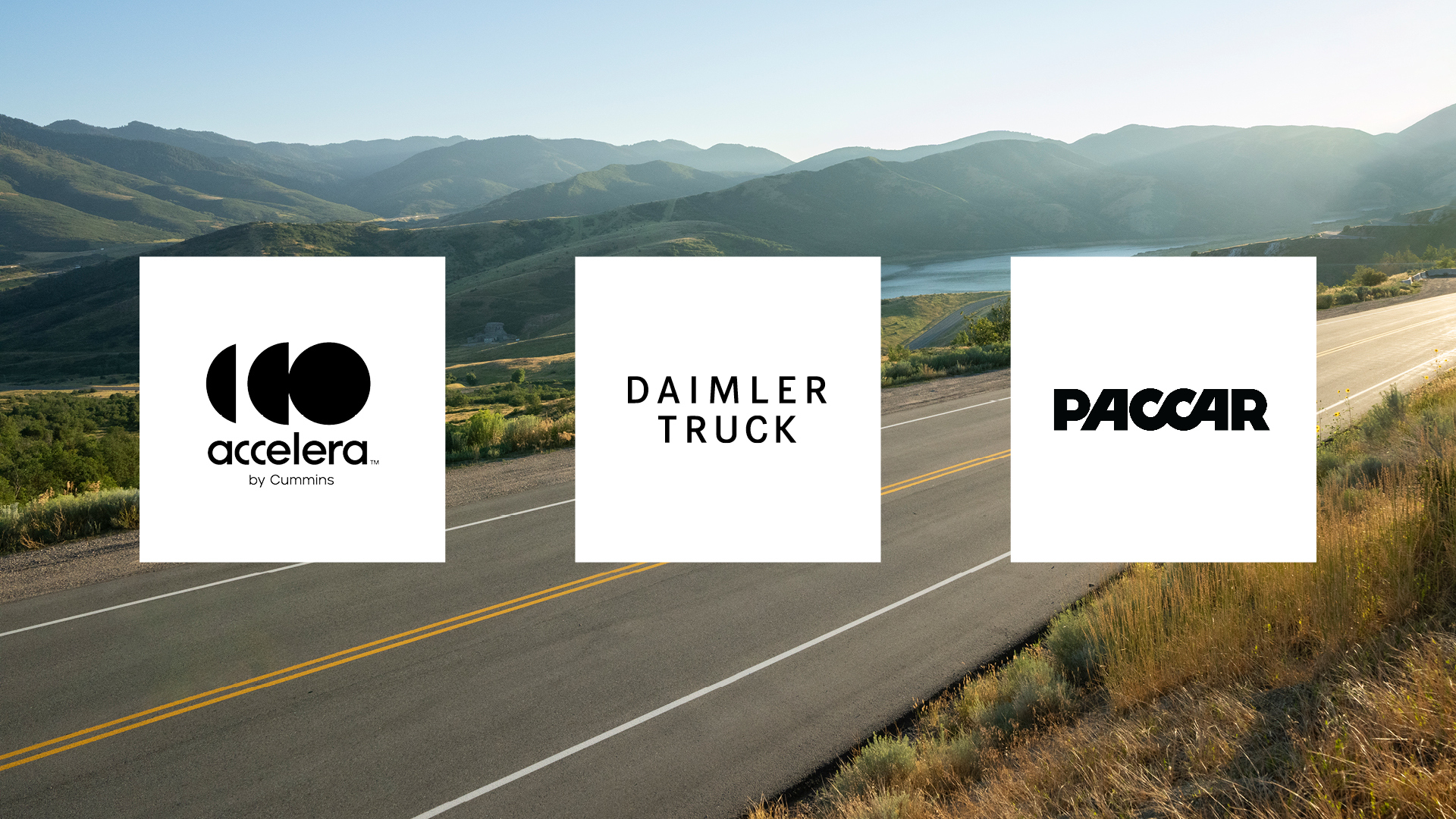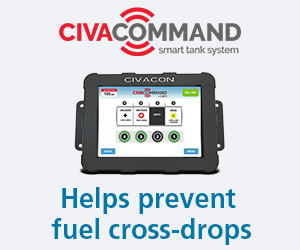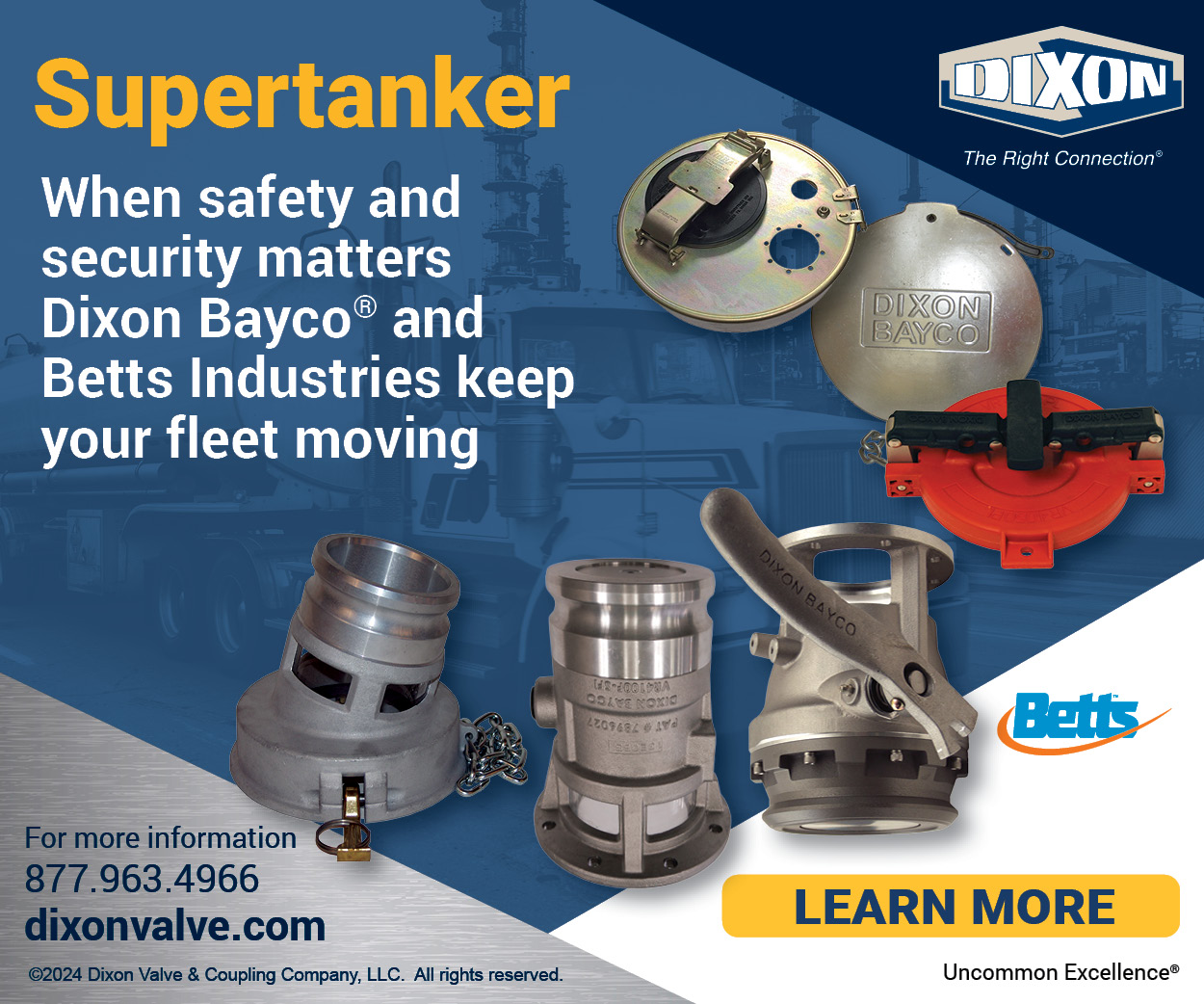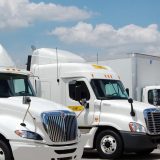U.S. EV Battery Revolution: A $3 Billion Commitment
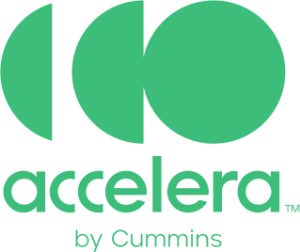
A significant leap for the electric vehicle industry.
U.S. EV Battery Venture led by Daimler Truck, Paccar, and Accelera’s Accelera unit signifies a monumental leap for the electric vehicle (EV) industry. Their mission? To create a robust infrastructure for battery cell production in the U.S., specifically tailored for commercial electric vehicles, and to pioneer sustainable transportation solutions for the future. For an in-depth look at the evolution of the EV industry, explore our comprehensive coverage.
What is the focus of Daimler, Paccar, and Accelera’s joint venture?
The primary goal of this collaboration is to build a strong infrastructure for battery cell production in the U.S., catering specifically to commercial EVs. This venture showcases the companies’ dedication to sustainable transportation and the overarching aim of carbon emission reduction. Dive into the realm of industry partnerships and their transformative influence.
Investment and Ownership Dynamics
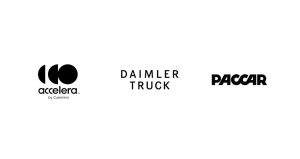
Advancing technology and accelerating the U.S. energy transition.
The trio has committed to an investment ranging from $2 billion to $3 billion for a state-of-the-art 21 gigawatt-hour factory. Breaking down the ownership structure:
- Accelera, Daimler Truck, and Paccar: 30% each
- EVE Energy (LFP battery manufacturer): 10%
Stay informed on the latest innovations revolutionizing the trucking industry.
Enjoying our insights?
Subscribe to our newsletter to keep up with the latest industry trends and developments.
Stay InformedWhy LFP Batteries?
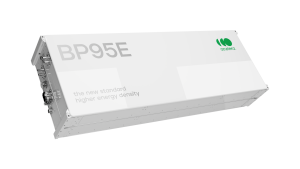
LFP batteries: Paving the way for cost-effective, safe, and eco-friendly EVs.
LFP batteries, or lithium-iron-phosphate batteries, are becoming the go-to choice for numerous EV manufacturers. What sets them apart? For deeper insights into battery electric technologies, click here.
Why are LFP batteries pivotal for the EV industry?
LFP battery cells offer several advantages:
- Cost-Effectiveness: LFP batteries are more economical compared to other battery types, making EVs more attainable for a wider audience.
- Safety: Known for their stability, LFP batteries have a reduced risk of overheating.
- Sustainability: These batteries eliminate the need for nickel or cobalt, positioning them as an eco-friendly option.

Collaboration heralds new opportunities in the EV sector
Recent research indicates that EV manufacturers are increasingly transitioning from NMC to LFP batteries owing to these benefits source.
Industry Leaders Speak
“We are excited to partner with Daimler Truck and PACCAR to advance the future of electrified commercial vehicles. This collaboration will enable us to leverage the unique strengths of each company to enhance our collective efforts and accelerate the commercialization of new technologies.”
– Jennifer Rumsey, Cummins CEO
“We have a clear picture of the future of transportation – and we are playing a decisive role in shaping this future.”
– Martin Daum, Daimler Truck’s CEO
“Our vision is to localize the production of the highest quality battery technology to help customers achieve operational and environmental goals.”
– Preston Feight, PACCAR CEO
What Awaits the Trio?

A joint investment of up to $3 billion sets the stage for a green future.
The joint statement radiates optimism regarding the escalating demand for battery technology in this decade. They foresee U.S. consumers benefiting from a cutting-edge battery cell factory. However, the exact location remains undisclosed. Stay informed on the latest trucking tech trends sculpting the future.
Broader Implications for the EV Industry
The commitment from these industry giants signals a bright future for the U.S. EV market. With the focus on sustainable and efficient battery technology, the U.S. is poised to become a global leader in EV production and innovation. The joint venture also underscores the importance of collaboration in driving technological advancements and meeting the growing demand for electric vehicles. For a deeper dive into the EV industry, check out our extensive coverage.
How much investment is pledged for the U.S. EV battery venture?
The combined investment from Daimler Truck, Paccar, and Accelera’s Accelera unit is projected to be between $2 billion to $3 billion. This substantial financial commitment underscores the trio’s dedication to revolutionizing the U.S. EV battery landscape. Explore more about the financial dynamics of the U.S. manufacturing sector.
Economic Implications for the U.S.
The establishment of a 21 gigawatt-hour factory is not just a technological advancement; it’s a significant economic move. This venture is expected to create thousands of jobs, from research and development to factory workers and supply chain management. The U.S., already a significant player in the global EV market, will further solidify its position as a hub for EV innovation and production. Stay abreast of the latest U.S. manufacturing trends.
Global EV Market Dynamics
The global demand for electric vehicles is on an exponential rise. With stricter emission regulations and a collective push towards sustainable transportation, EVs are the future. This joint venture, with its focus on LFP batteries, is poised to cater to this burgeoning demand. By producing cost-effective and sustainable batteries, the trio of Daimler Truck, Paccar, and Accelera is not just targeting the U.S. market but the global arena. For more on global EV market dynamics, explore our in-depth articles.
Future Prospects for Daimler, Paccar, and Accelera
While all three companies have individual successes in their respective domains, this collaboration opens doors to new opportunities. They can leverage each other’s strengths, share research and development costs, and co-create solutions that might be the next big thing in the EV industry. With a combined investment of up to $3 billion, they are not just making a statement but laying the foundation for a sustainable future. Dive deeper into the strategies of top EV manufacturers.
Environmental Impact and Sustainability
Beyond the economic and market dynamics, there’s an environmental angle to this venture. The move towards LFP batteries, which do not rely on nickel or cobalt, is a step towards responsible production. It reduces the strain on mining these metals, leading to lesser environmental degradation. The trio’s commitment to producing batteries that are not only efficient but also environmentally friendly is commendable. Stay updated on the latest sustainability trends in the industry.
The Road Ahead
While the joint venture has laid out its initial plans, the EV industry’s dynamic nature means that adaptability is crucial. As technology evolves and new challenges emerge, Daimler Truck, Paccar, and Accelera’s collaboration will need to stay ahead of the curve, innovating and adapting. But given their combined expertise and commitment, the future looks promising. For more on the future of trucking technology, check out our latest articles.
Pivotal Milestones in the U.S. EV Battery Venture
- Joint Venture Formation: Daimler Truck, Paccar, and Accelera’s Accelera unit have come together to establish a joint venture focused on producing battery cells for commercial electric vehicles in the U.S.
- Investment Pledge: The companies have committed to an investment ranging between $2 billion to $3 billion for the construction of a 21 gigawatt-hour factory.
- Ownership Dynamics: Accelera, Daimler Truck, and Paccar will each hold a 30% stake in the venture. EVE Energy, an LFP battery manufacturer, will have a 10% ownership and act as a technology partner.
- Focus on LFP Batteries: The venture will prioritize the production of lithium-iron-phosphate (LFP) batteries, known for their cost-effectiveness, safety, and sustainability.
- Industry Leaders’ Vision: Top executives from the partnering companies have expressed their commitment to sustainable transportation, emphasizing the importance of collaboration and innovation in the EV industry.
- Future Outlook: While the exact location of the factory remains undisclosed, the companies are optimistic about the growing demand for battery technology throughout the decade and the benefits it will bring to U.S. customers.
Explore External Resources and Insights
For a deeper understanding of the joint venture and the companies involved, consider exploring the following resources:
- Cummins Accelera: Dive into the mission, history, and innovative strides of Cummins’ zero-emissions business unit, Accelera. Cummins Official News Release
- Daimler Truck: Discover more about Daimler Truck’s commitment to sustainable transportation and their vision for the future. Daimler Truck North America Press Detail
- PACCAR: Understand PACCAR’s dedication to quality and their vision for locally produced battery technology. PACCAR Investor News
- Joint Venture Details: For an in-depth look at the joint venture’s specifics and the broader implications for the EV industry, refer to this comprehensive report. PR Newswire Article
- LFP Batteries: To understand the significance of LFP batteries in the EV industry and their advantages, consider this detailed analysis. Engineering.com on LFP Batteries
For official statements, financial details, and investor relations, you might also want to visit the official websites of the companies involved:
- Cummins: Delve into their corporate vision, products, and sustainability initiatives. Official Cummins Website
- Daimler Truck: Explore their range of trucks, innovations, and commitment to a greener future. Official Daimler Truck Website
- PACCAR: Learn about their global operations, truck brands, and technological advancements. Official PACCAR Website

